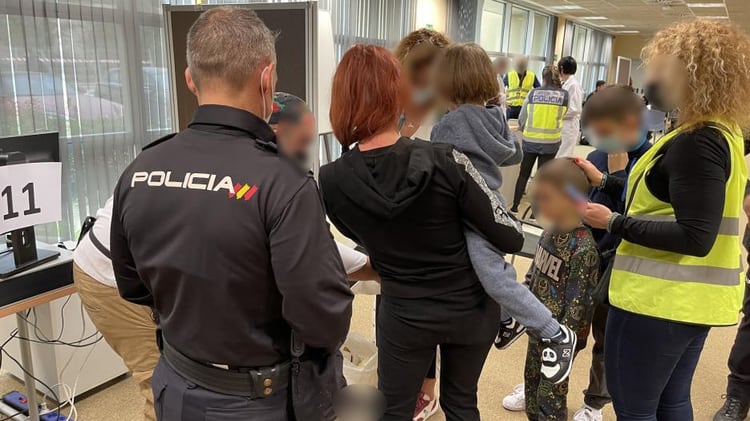The Diplomat
The Popular Legislative Initiative (ILP) that includes the extraordinary regularisation of some 500,000 migrants is now ready to be debated in Congress, after the deadline expired without the Government vetoing the initiative due to its impact on its budgetary autonomy, either due to overspending or a decrease in revenue, reports Europa Press.
As an ILP, the text, registered in Congress in the last legislature, did not lapse when the Cortes were dissolved due to the call for elections last July. The ILP is a constitutionally recognised figure by which the people can make their own legislative proposals to Congress by presenting a minimum of 500,000 signatures backing the initiative.
This was done by up to 800 NGOs that joined together in the ‘Esenciales’ project to demand an extraordinary regularisation of those foreigners in an irregular administrative situation who were residing in Spain before 1 November 2021. According to these organisations, this group represents 12% of the total foreign population in the country, i.e. between 405,000 and 446,000 migrants. However, Cáritas Española alone has reported that in 2022 it will accompany almost 500,000 people in an irregular administrative situation.
This proposal was born after evidence that this part of the Spanish population had carried out essential work, especially care work, during the Covid 19 pandemic. The NGOs demand that their work in these circumstances be recognised through the regularisation of their administrative situation.
During the last legislature, the text was validated by the Lower House’s Bureau, and in May several of its promoters presented the project before the Congressional Committee on Labour, Social Security and Migration, where they asked for the collaboration of the different parties in order to move the initiative forward. They now have to present it again to the same Committee, which has yet to set a date for the promoters to defend it again.
During the last presentation of the NGOs to the parties in the Commission, the PP and Vox were opposed to implementing it, while the PSOE said it was “not afraid” to debate it, but backed other measures implemented by the government which, in its opinion, are helping to regularise the situation of people in an irregular situation in Spain. During the last investiture debate, the second vice-president and Minister of Employment and Social Security urged the President of the Government, Pedro Sánchez, to carry out this regularisation.







